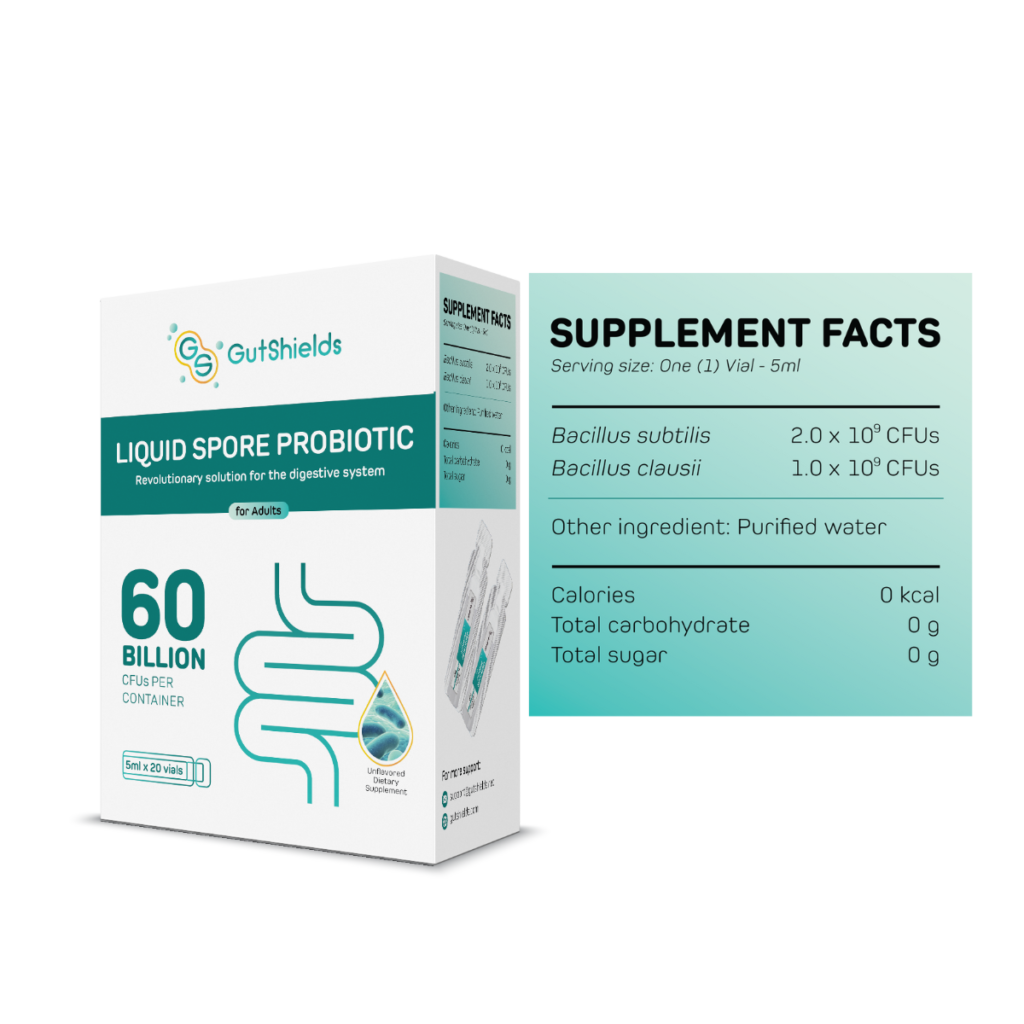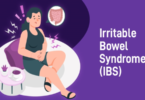“Your gut feels your stress—even before you realize it.”
If you live with Irritable Bowel Syndrome (IBS), you’ve probably noticed that your symptoms flare up during stressful times. That’s no coincidence—your gut and brain are constantly talking to each other through a network called the gut-brain axis.
When stress rises, your digestive system reacts—often with pain, urgency, bloating, or unpredictable bowel movements.

The Science: Stress and the Gut-Brain Axis
- Stress activates the HPA axis (hypothalamic-pituitary-adrenal axis), your body’s central stress response system.
- This activation increases cortisol, which disrupts gut motility (how quickly food moves through your digestive tract).
- At the same time, stress heightens visceral hypersensitivity, making your intestines more sensitive to normal signals.
- The result? IBS flares—from diarrhea (IBS-D) to constipation (IBS-C) or painful cramping.
In short: your gut doesn’t just “digest food”—it absorbs your emotions.
Practical Stress-Relief Habits for IBS

The good news: you don’t need hours of meditation to calm your gut. Even small doses of mindfulness can make a difference.
✅ 5-minute mindfulness meditation
Close your eyes, focus on your breath, and gently return when your mind wanders. Just five minutes can reduce stress hormones.
✅ Emotional journaling
Spend 2–3 minutes writing down what you’re feeling. Naming emotions reduces their grip on your nervous system.
✅ Breathwork with guided apps
Apps like Calm, Headspace, or Breathwork can lead you through simple breathing techniques to activate your parasympathetic “rest and digest” mode.
Over time, these practices train your nervous system to respond more calmly—keeping both your mind and gut steady.
The Bigger Picture

Mindfulness doesn’t “cure” IBS, but it reduces the fuel that makes flares worse. Pairing mindfulness with gut-focused care, like spore-based probiotics (GutShields), creates a two-way support system:
- Mindfulness calms the brain → less stress hitting the gut
- Probiotics stabilize the microbiome → less sensitivity to stress signals
Bottom Line
Stress is unavoidable—but suffering doesn’t have to be. By integrating mindfulness into your daily routine, you give your gut the chance to heal, stabilize, and work with you instead of against you.
✨ Calm your mind, calm your gut—with mindfulness and GutShields in your daily routine.










